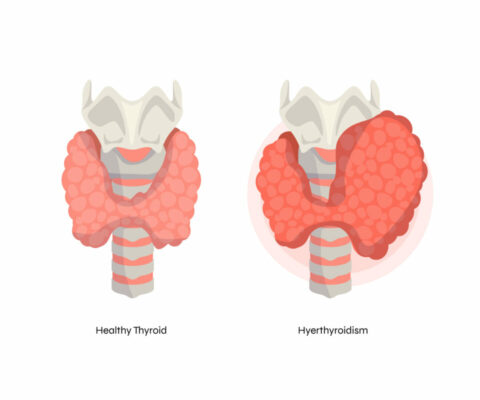
In recent years, low-carbohydrate diets have become more well-known as a potential strategy for controlling and treating diabetes. These diets aim to control blood sugar levels and boost insulin sensitivity by limiting carbohydrate intake and placing an emphasis on the consumption of healthy fats and proteins. In this post, we’ll look at the workings of low-carbohydrate diets and how they might help reverse diabetes. People with diabetes can make educated dietary decisions and pursue successful diabetes management techniques by being aware of the research underlying low-carbohydrate diets.
- The Basics of Low-Carbohydrate Diets
Low-carbohydrate diets, sometimes referred to as low-carb diets, call for cutting back on the consumption of foods high in carbohydrates and swapping them out for sources of wholesome fats and proteins. This eating strategy limits consumption of sweet foods, refined grains, and starchy vegetables while promoting an increase in consumption of non-starchy veggies, lean meats, fish, nuts, and seeds. Low-carb diets seek to control blood sugar levels and encourage weight loss by limiting carbohydrate intake.
- The Impact of Carbohydrates on Blood Sugar Levels
Carbohydrates are the primary macronutrient responsible for raising blood sugar levels after meals. They are broken down into glucose, which enters the bloodstream and requires insulin for transport into cells. For individuals with diabetes, excessive carbohydrate intake can lead to unstable blood sugar levels and insulin resistance. Low-carbohydrate diets aim to reduce the glycemic load on the body, allowing for better blood sugar control and potentially improving insulin sensitivity.
- Mechanisms Behind Low-Carbohydrate Diets and Diabetes Reversal
Low-carbohydrate diets influence several physiological mechanisms that contribute to diabetes reversal. By reducing carbohydrate intake, these diets lead to lower postprandial glucose spikes, minimizing the demand for insulin secretion. Additionally, low-carbohydrate diets promote ketosis, a metabolic state in which the body relies on fat as its primary fuel source. Ketones produced during ketosis provide an alternative energy source for cells, potentially improving insulin sensitivity.
- Benefits of Low-Carbohydrate Diets for Diabetes Reversal
Low-carbohydrate diets offer several potential benefits for individuals with diabetes. They have been shown to improve glycemic control by reducing fasting and postprandial blood sugar levels. These diets can also lead to significant weight loss, which is beneficial for individuals with obesity-related type 2 diabetes. Additionally, low-carbohydrate diets may contribute to a reduction in cardiovascular risk factors, such as triglyceride levels and blood pressure.
- Adherence and Practical Considerations
Adherence to a low-carbohydrate diet requires careful planning and consideration of individual preferences and dietary needs. It is important to choose nutrient-dense, unprocessed foods and to ensure an adequate intake of fiber, vitamins, and minerals. Low-carbohydrate diets may not be suitable for everyone, and individuals should consult with healthcare professionals to determine the most appropriate dietary approach based on their specific health conditions and goals.
- Potential Risks and Precautions
Although low-carb diets can help manage diabetes, there are also possible dangers and safety measures to take into account. Fatigue, constipation, and vitamin deficits are a few short-term side effects of rapid weight loss and the ketosis induction. When consuming a low-carbohydrate diet, people with certain medical conditions, such as kidney disease, may need to use caution.
- Integrating Low-Carbohydrate Diets into Diabetes Management (Word count: 400)
Low-carbohydrate diets can be integrated into a comprehensive diabetes management plan that includes regular physical activity, medication management, and lifestyle modifications. It is important to work with healthcare professionals, such as registered dietitians, to develop a personalized dietary plan that meets individual needs and ensures nutritional adequacy.
Conclusion
Low-carbohydrate diets, which control blood sugar levels and enhance insulin sensitivity, present a potential strategy for managing and reversing diabetes. These diets aim to enhance metabolic function and encourage weight loss by lowering carbohydrate intake and placing an emphasis on healthy fats and proteins. While adhering to a low-carbohydrate diet, it is necessary to take into account individual circumstances, stick to nutrient-dense food selections, and carefully check health markers. Implementing a comprehensive diabetes management strategy that includes dietary recommendations customized to individual requirements and goals requires close collaboration with healthcare specialists. Low-carbohydrate diets can be useful tools for people with diabetes who want to improve their health outcomes and possibly reverse their illness if they are given careful consideration and support.

















